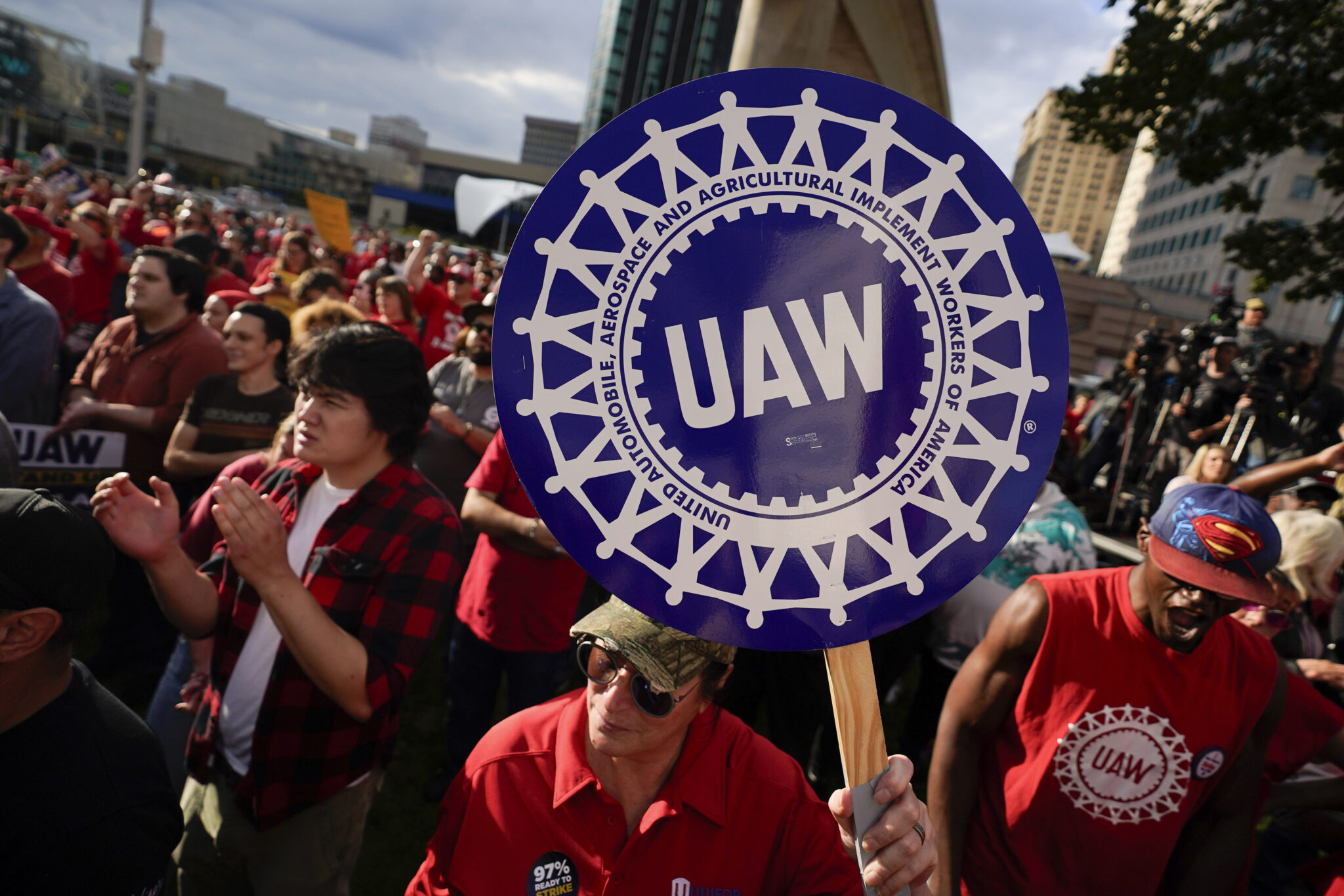Divya Nimmagadda is a student at Harvard Law School.
A majority of workers at the Ultium Cells battery plant in Tennessee signed union authorization cards to unionize under the United Auto Workers. Ultium Cells is a joint venture by General Motors (GM) and LG Energy to manufacture batteries for electric vehicles. As part of the new contract UAW won after its 2023 strike against GM, the company agreed to voluntary recognition of a union, without an election, at any of the Ultium plants if sufficient workers signed authorization cards. Ultium also has plants in Michigan and Ohio, and workers at the latter location voted to join UAW back in 2022. This has been part of the union’s strategy to ensure that “heads of the big three domestic producers do not use the transition to electric vehicles to move away from UAW representation at all of their production facilities.” The union finalized a contract with the Ohio location in June, and the new agreement includes a wage increase for production workers from $15 to $35 by October 2027, along with a bonus and other health and safety improvements.
It seems as though President Biden will soon announce that he is going to block Nippon Steel’s acquisition of Pittsburgh-based U.S. Steel. President Biden and Vice President Harris have both voiced opposition to the deal. Some think their opposition is linked with an attempt to gain support from the United Steelworkers union given the upcoming election and Pennsylvania’s status as a swing state. Though Nippon Steel has stated that there would be no layoffs or plant closures resulting from the acquisition, union leaders have expressed skepticism about the claim given loopholes in the deal. U.S. Steel released a statement claiming that blocking the transaction will put “thousands of good-paying union jobs at risk…[and] raise serious questions about U.S. Steel remaining headquartered in Pittsburgh.”






Daily News & Commentary
Start your day with our roundup of the latest labor developments. See all
February 10
San Francisco teachers walk out; NLRB reverses course on SpaceX; NYC nurses secure tentative agreements.
February 9
FTC argues DEI is anticompetitive collusion, Supreme Court may decide scope of exception to forced arbitration, NJ pauses ABC test rule.
February 8
The Second Circuit rejects a constitutional challenge to the NLRB, pharmacy and lab technicians join a California healthcare strike, and the EEOC defends a single better-paid worker standard in Equal Pay Act suits.
February 6
The California Supreme Court rules on an arbitration agreement, Trump administration announces new rule on civil service protections, and states modify affirmative action requirements
February 5
Minnesota schools and teachers sue to limit ICE presence near schools; labor leaders call on Newsom to protect workers from AI; UAW and Volkswagen reach a tentative agreement.
February 4
Lawsuit challenges Trump Gold Card; insurance coverage of fertility services; moratorium on layoffs for federal workers extended